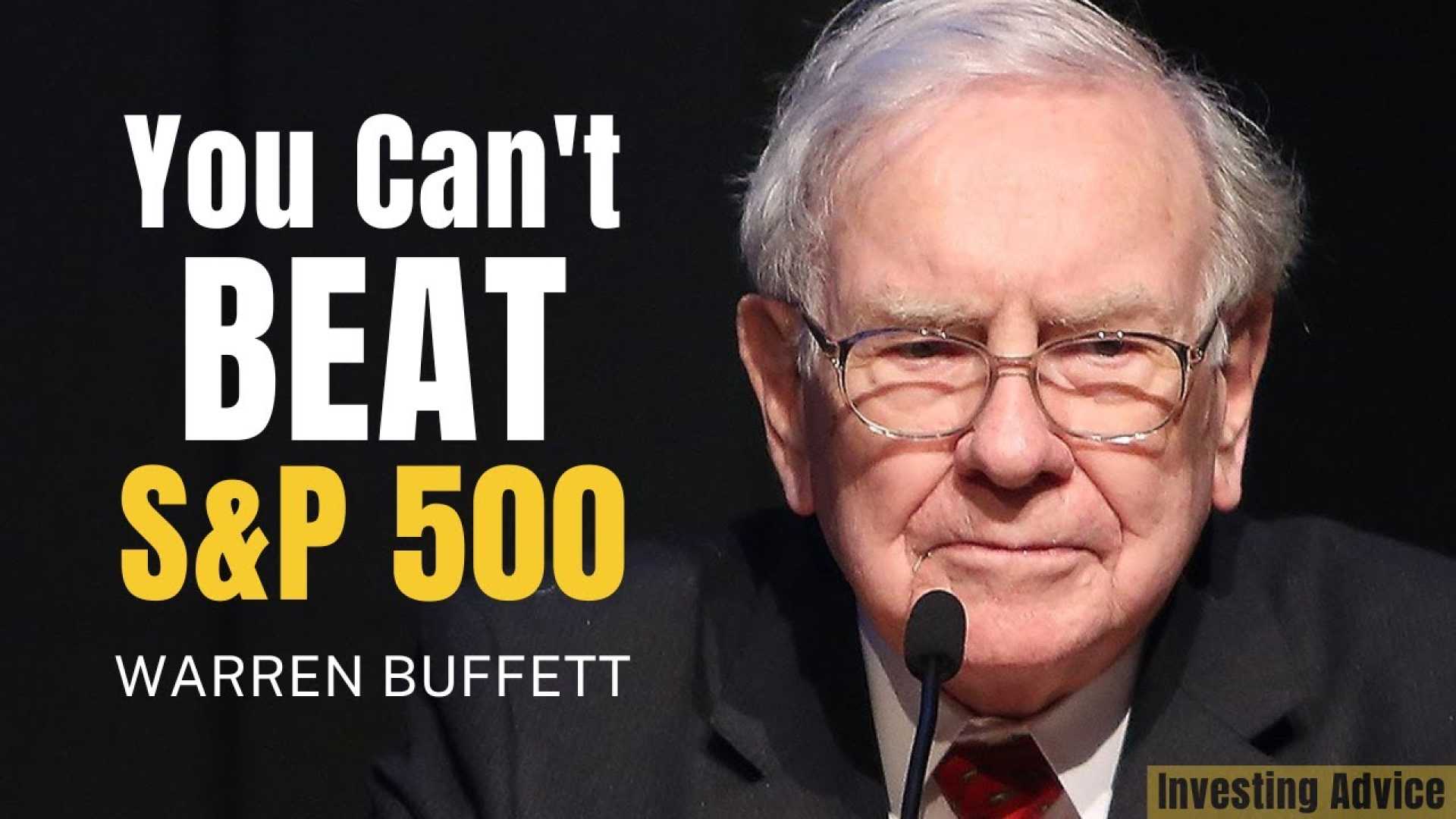News
Warren Buffett’s S&P 500 Investment Strategy Continues to Pay Off

In 2007, Warren Buffett, the renowned CEO and chairman of Berkshire Hathaway, famously wagered that he could outperform leading hedge fund managers over a decade by simply investing in an S&P 500 index fund. His strategy emphasized the value of this investment approach for individual investors, many of whom have since followed suit through exchange-traded funds (ETFs) or mutual funds.
The S&P 500 index comprises 500 of the largest U.S. companies by market capitalization, rebalanced quarterly. The index’s market cap-weighted structure allows investors broad exposure to the American economy. “There are reasons why it works so well that will never change,” said Bryan Armour, director of passive strategies research at Morningstar.
According to data from Morningstar, the three largest ETFs tracking the S&P 500 index are SPDR S&P 500 ETF Trust (SPY), iShares Core S&P 500 ETF (IVV), and Vanguard S&P 500 ETF (VOO). Collectively, these funds command nearly 17% of the U.S. ETF market. Notably, VOO has reported the most significant inflows in 2024, attracting $71 billion in new investments.
As of October 8, 2024, the S&P 500 index has surged roughly 20% year-to-date, further extending a 33% rise over the past year. This performance has exceeded several forecasts, bolstered by an unexpectedly robust U.S. economy. “That elusive recession everybody was looking for never materialized,” remarked Larry Adam, chief investment officer at Raymond James.
Despite the strong market performance, investment experts caution against concentrating all assets in S&P 500 index funds due to potential risks. “It’s never a good idea to have everything in any one position,” advised Sean Williams, a certified financial planner with Cadence Wealth Partners.
To mitigate such risks, experts suggest diversifying portfolios by including international stocks, small- and mid-cap companies, and assets like real estate. Alternative investment options, like the Vanguard Total Stock Market ETF (VTI), offer investors broader market exposure.
The Vanguard S&P 500 ETF, a preferred choice for Buffett, demonstrates this strategy’s effectiveness. Since its inception on September 7, 2010, a $10,000 investment would have grown to over $67,000 by 2024, achieving nearly a 14.6% annual growth rate.
Buffett has long endorsed the simplicity and low-cost benefits of S&P 500 index funds, noting in his 2013 letter to Berkshire Hathaway shareholders his plans for his estate to invest in such funds, particularly highlighting Vanguard.
Nevertheless, analysts warn that past stellar performance does not guarantee future returns. The current market’s valuation levels, with the S&P 500 near its all-time high, require cautious optimism.












